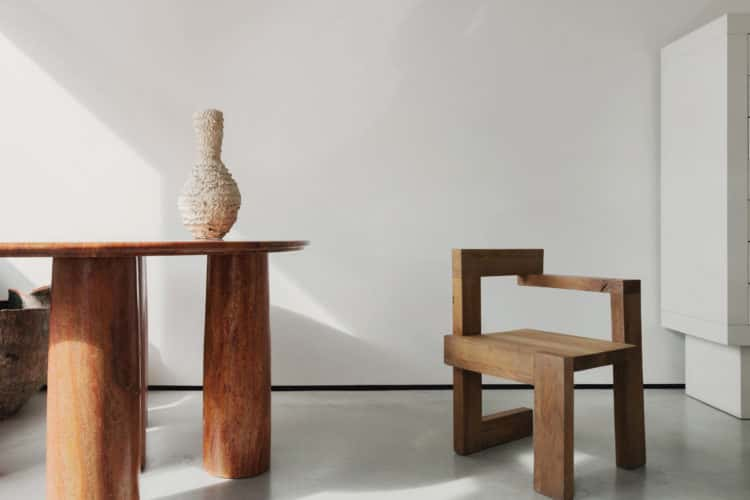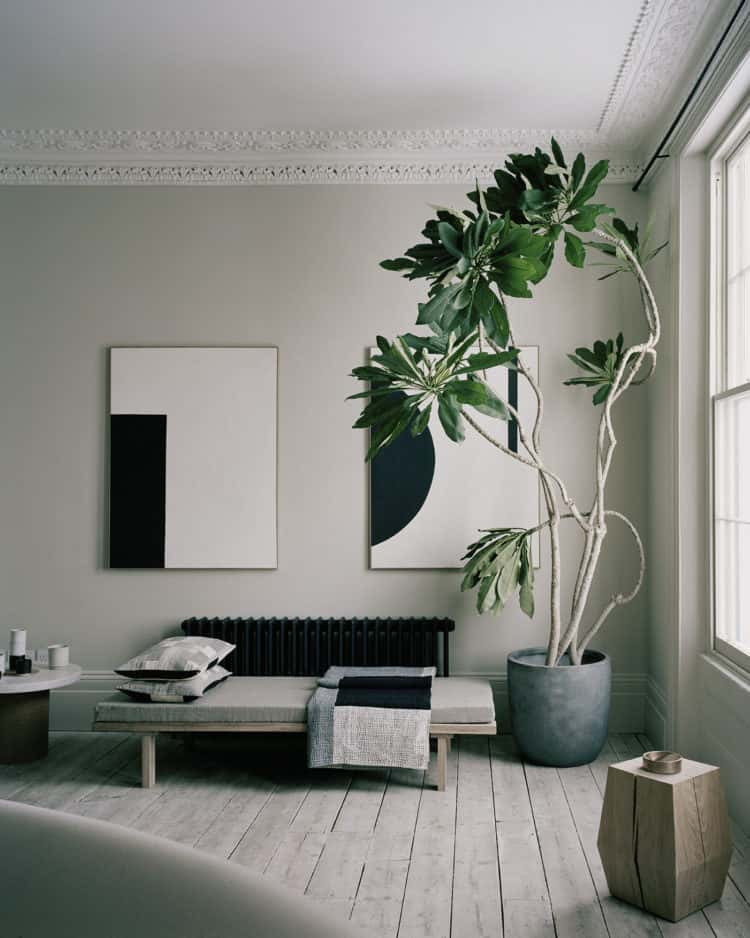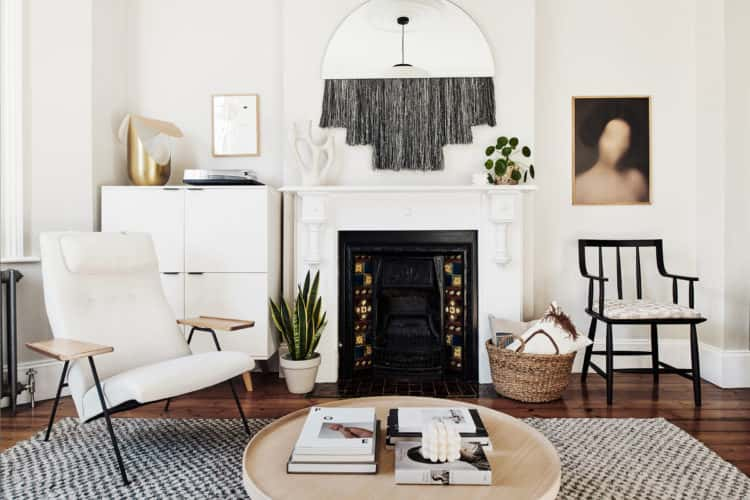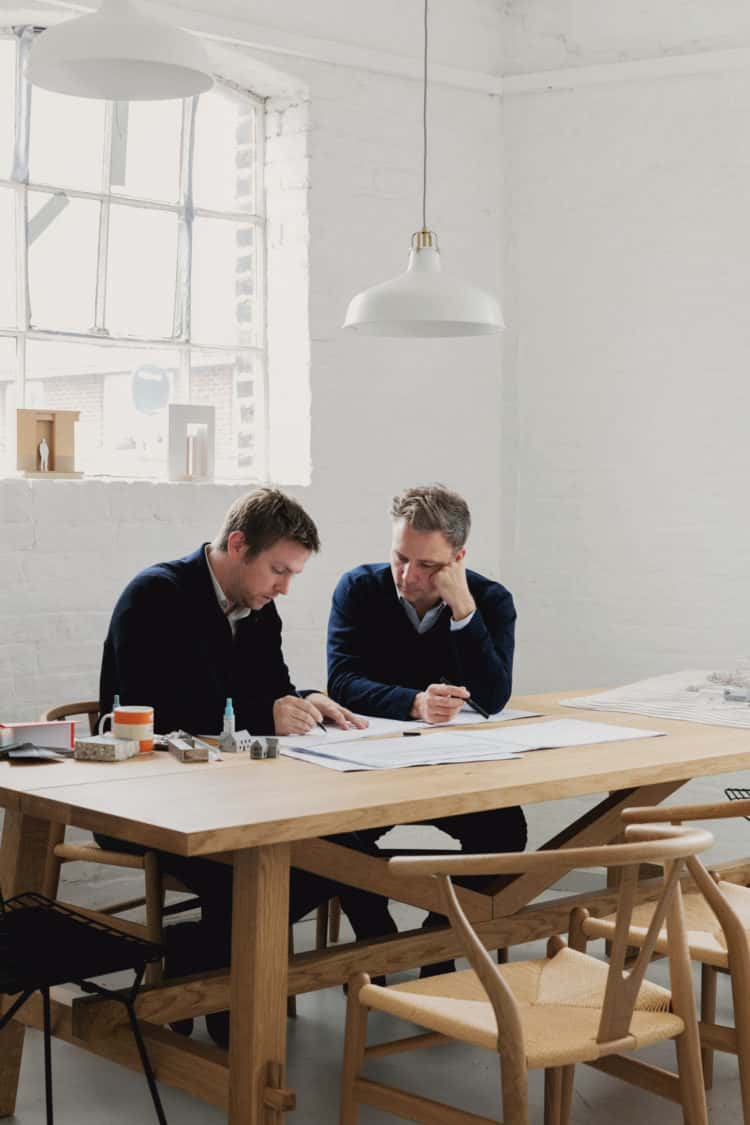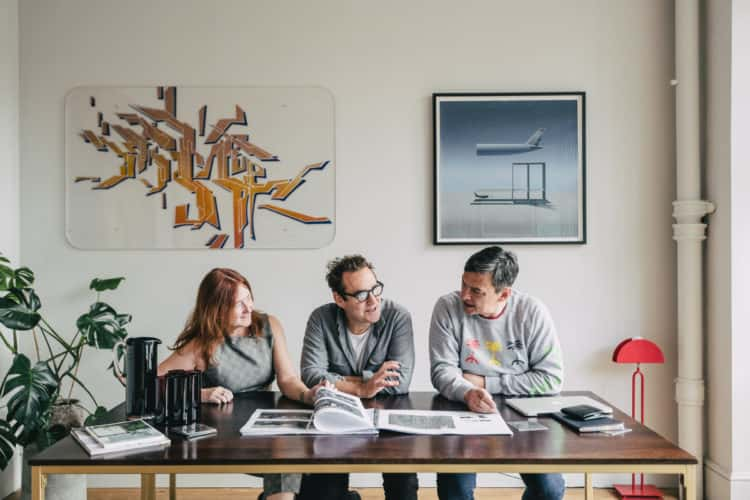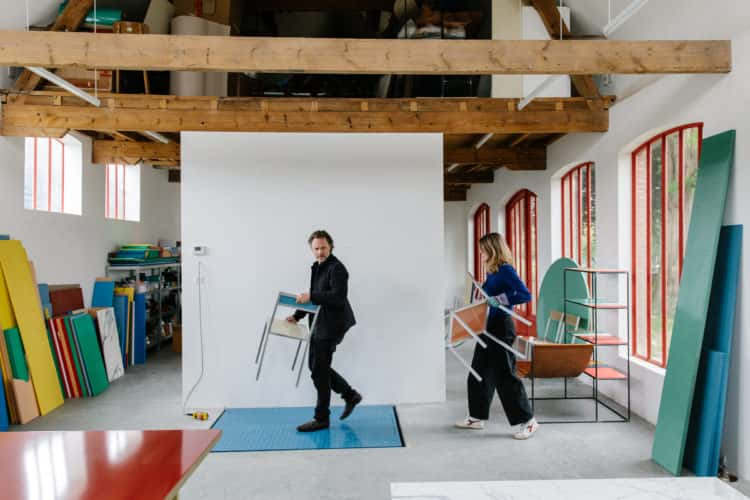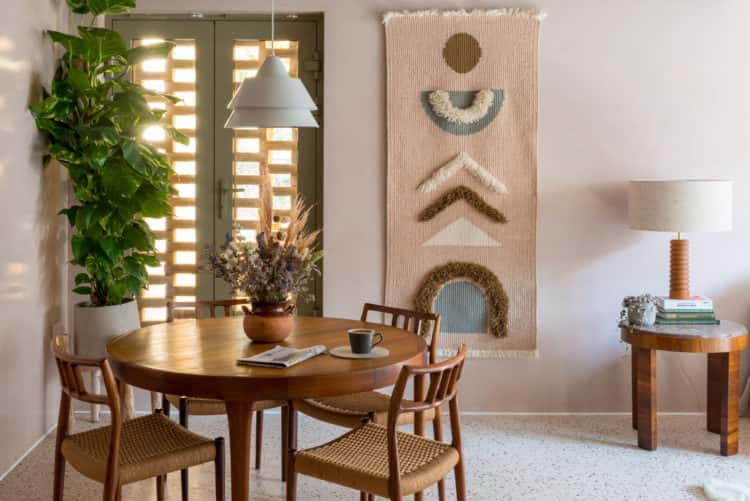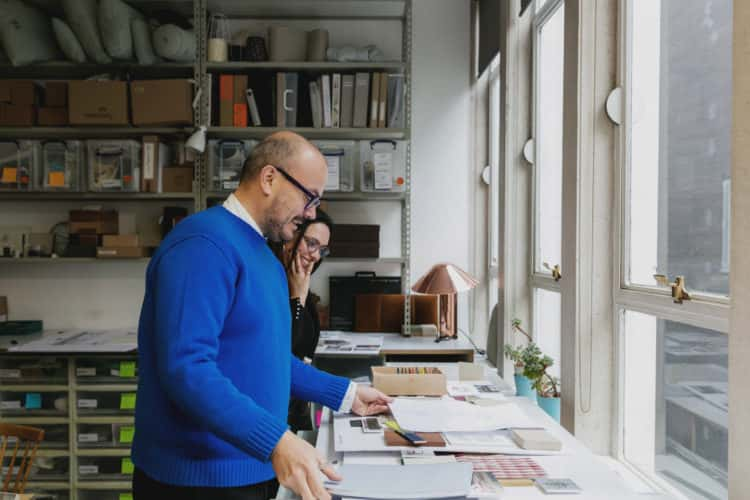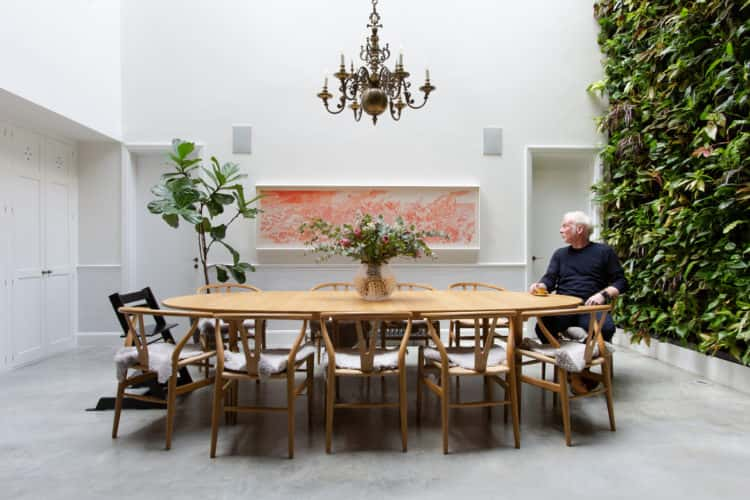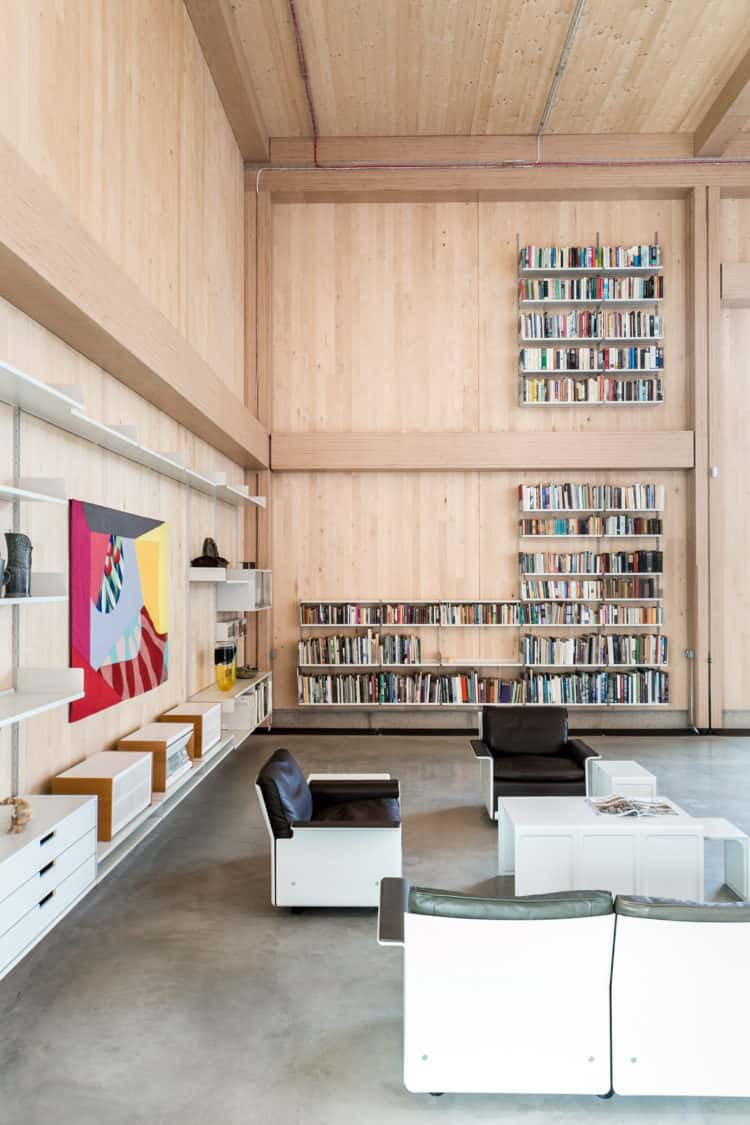A to Z of Modern Living: Sophie Pearce on the timelessness of Modernist furniture design at Béton Brut
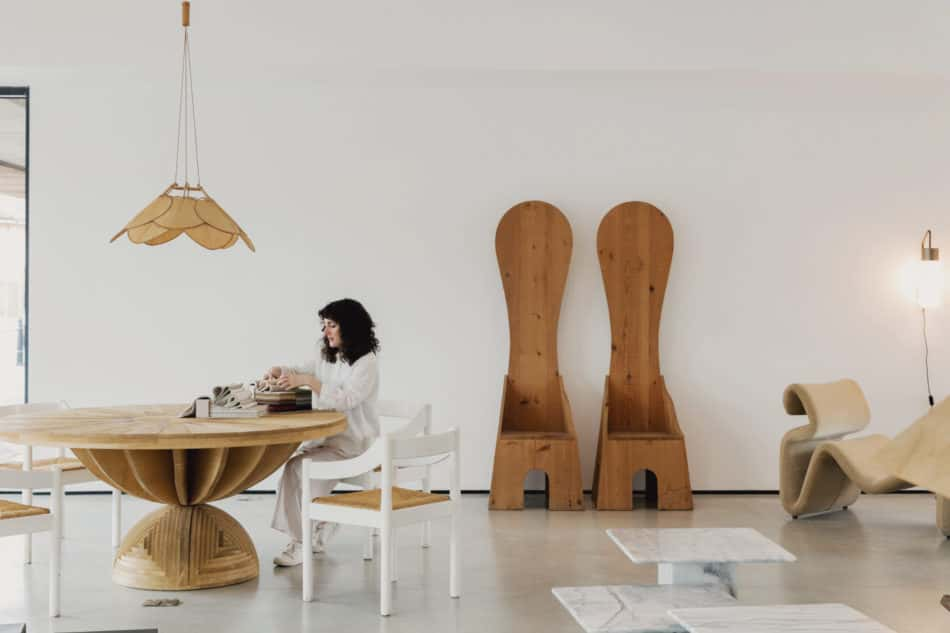
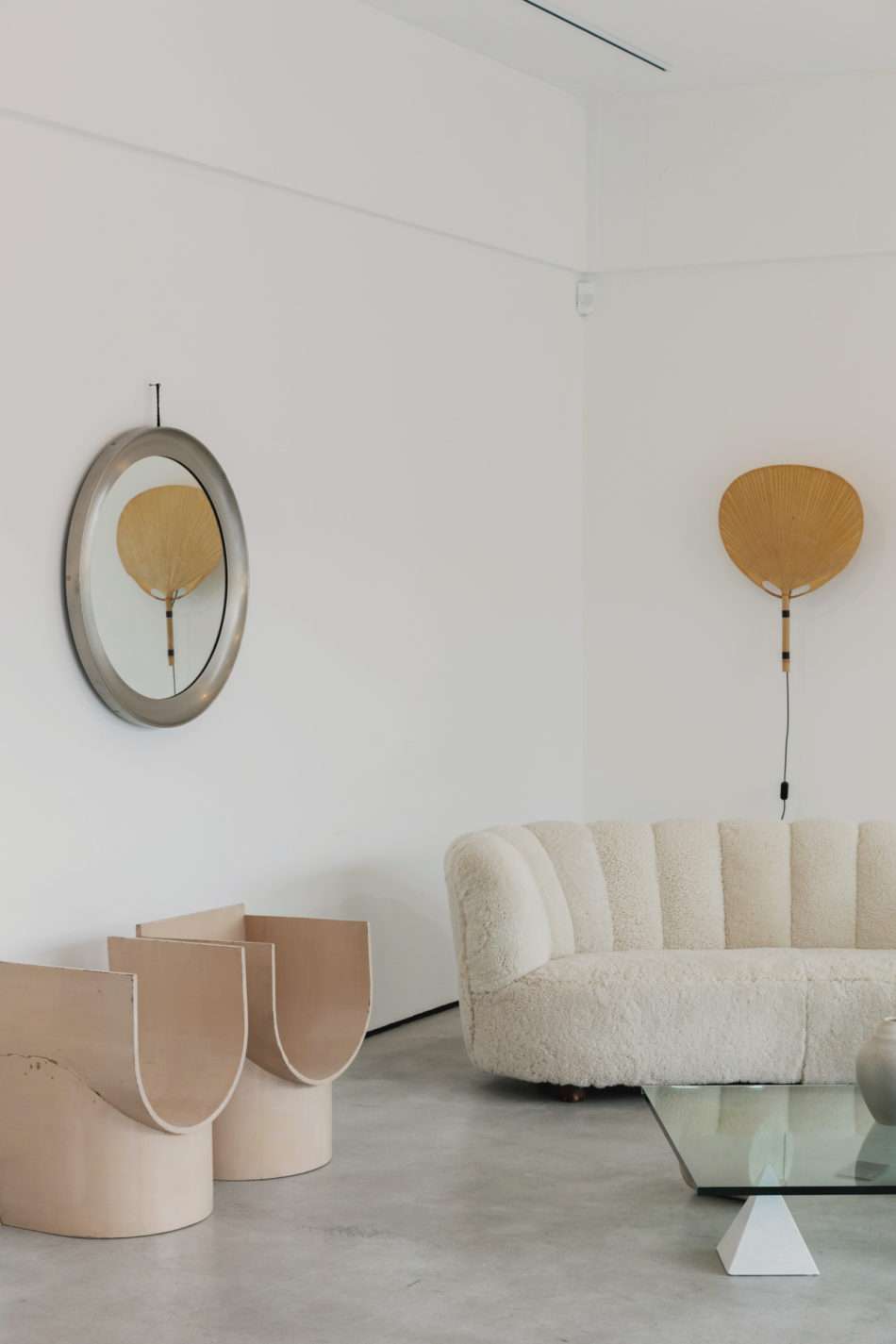
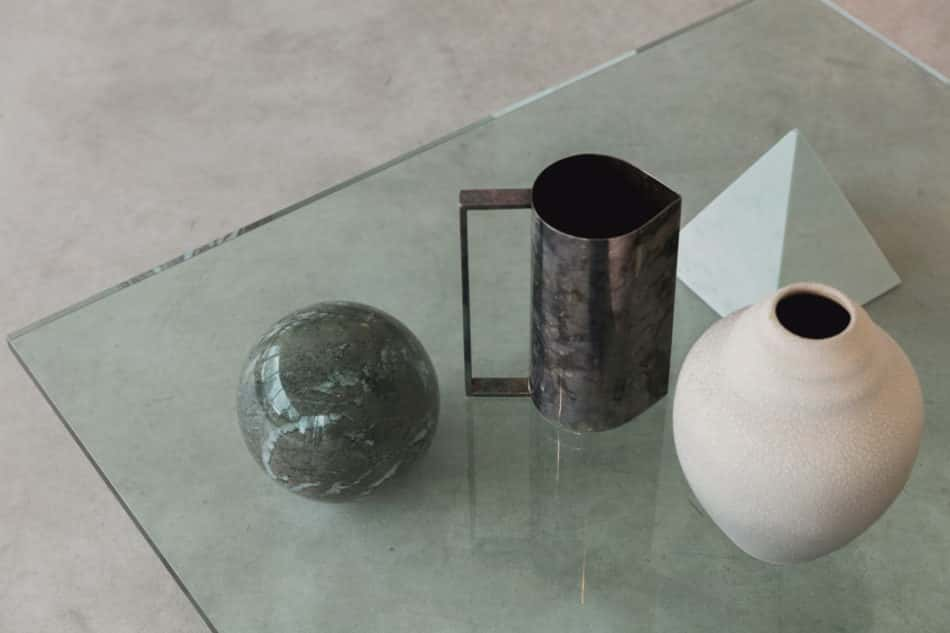
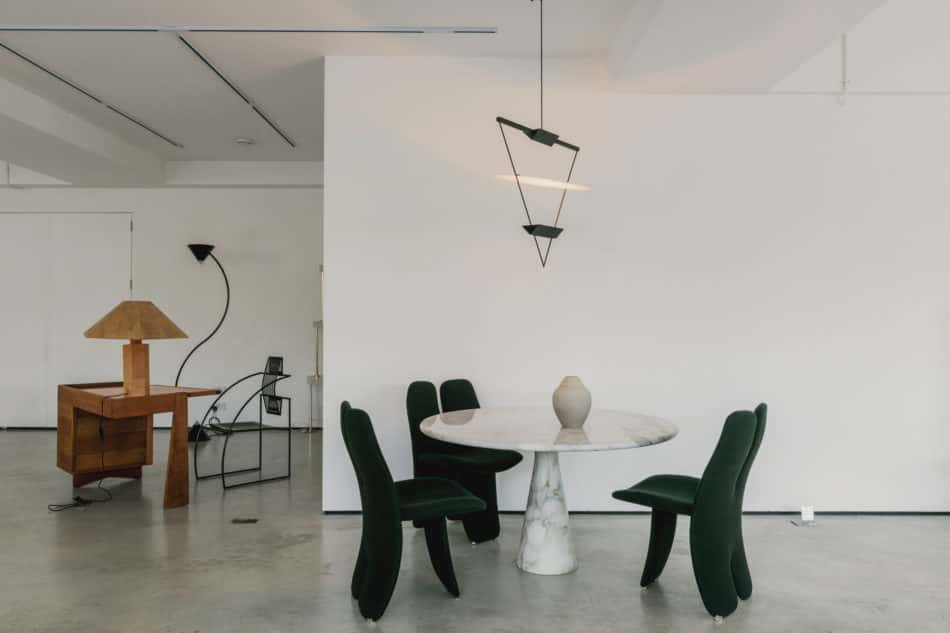
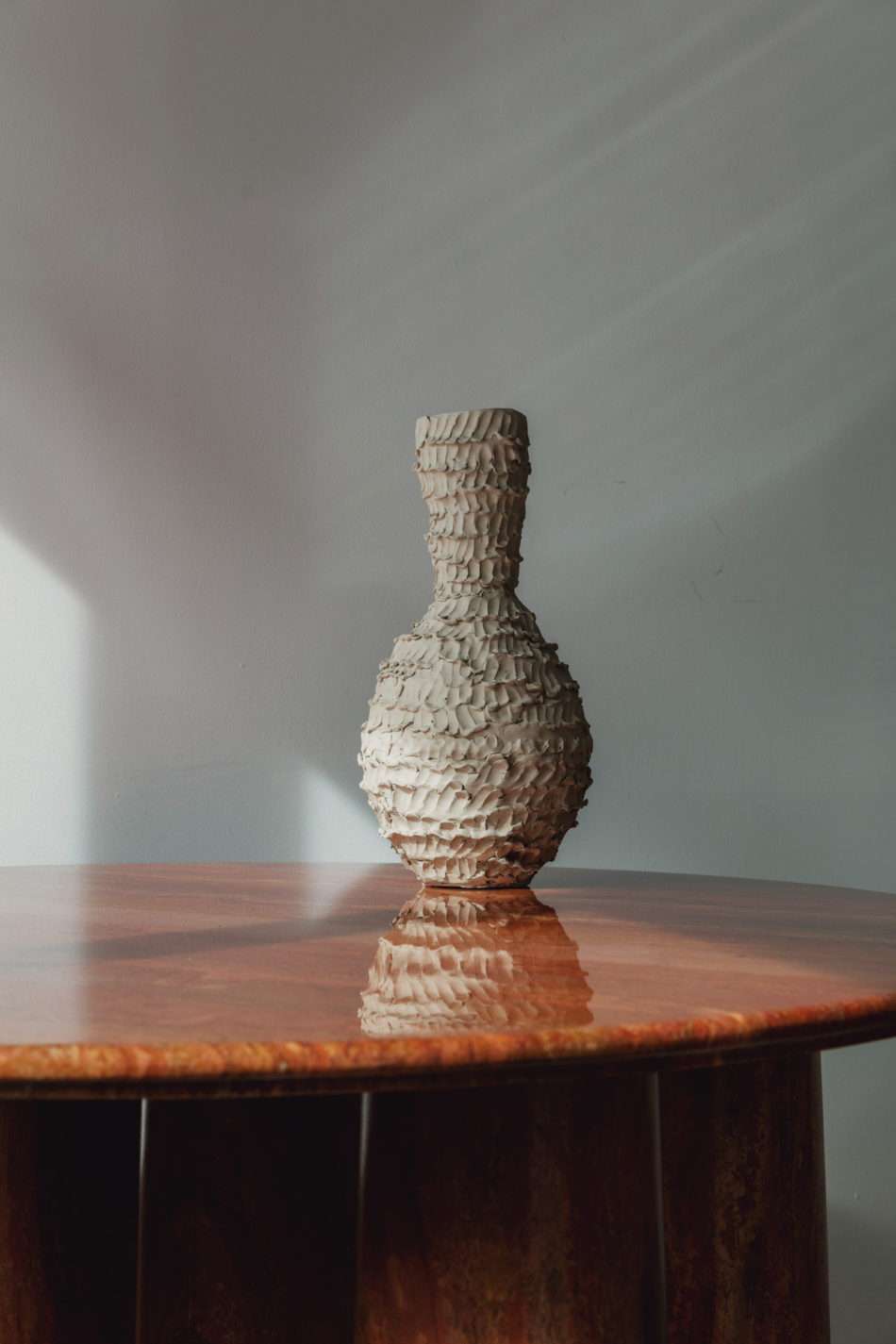
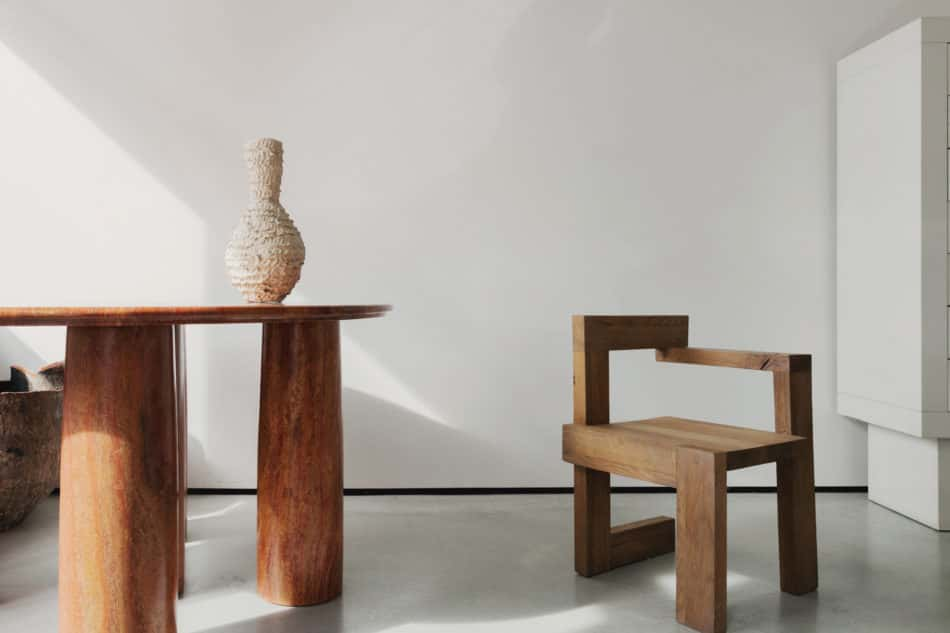
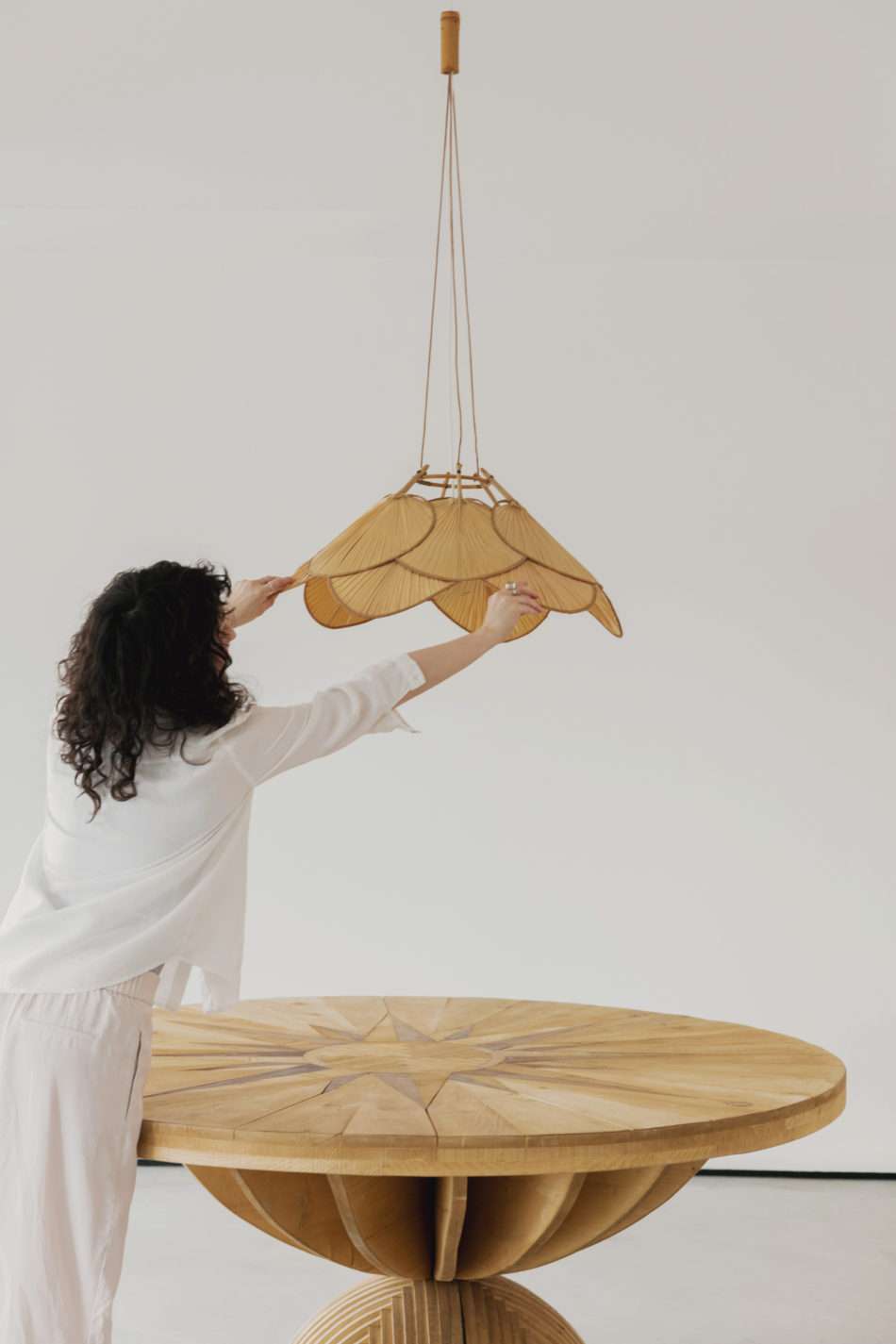
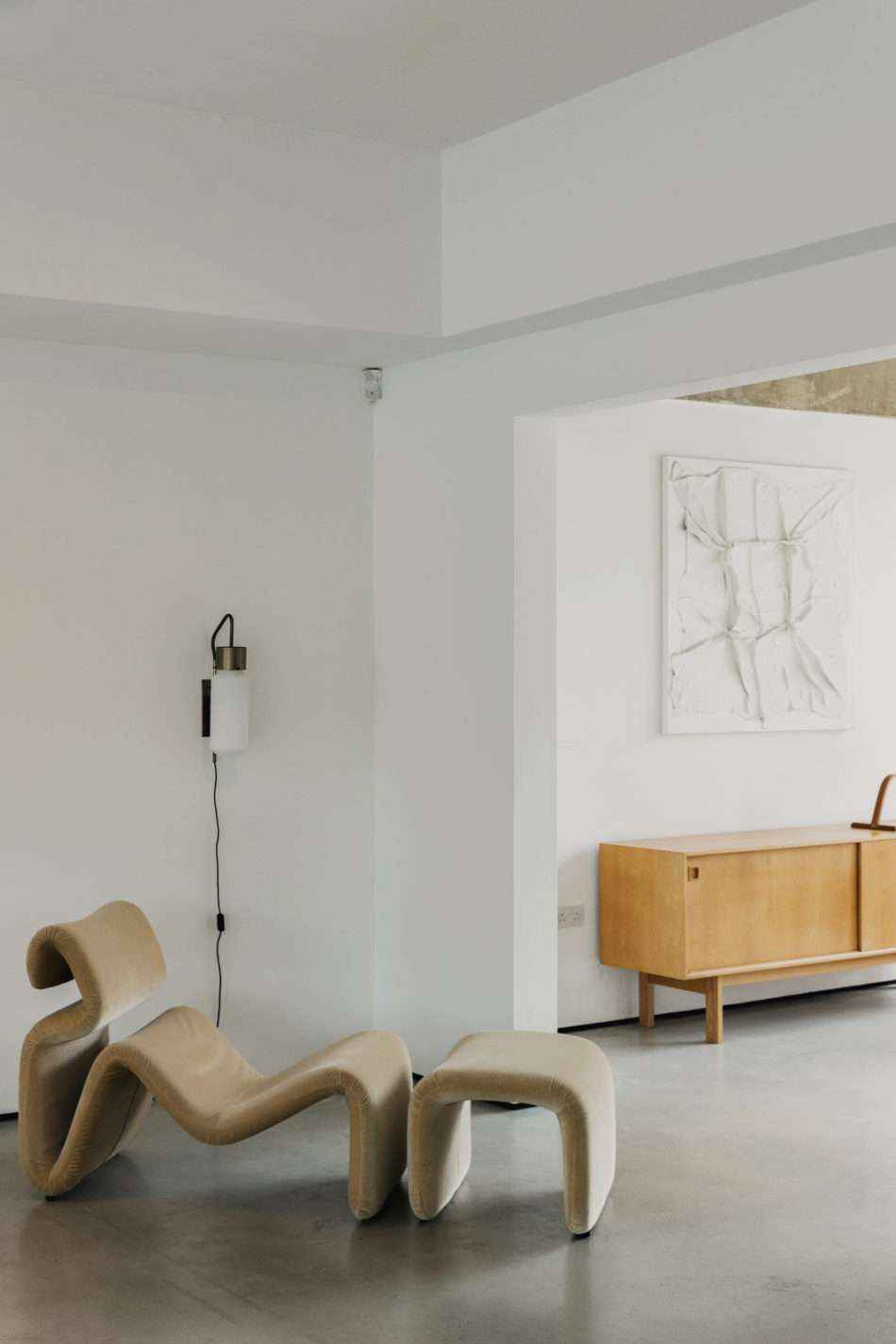
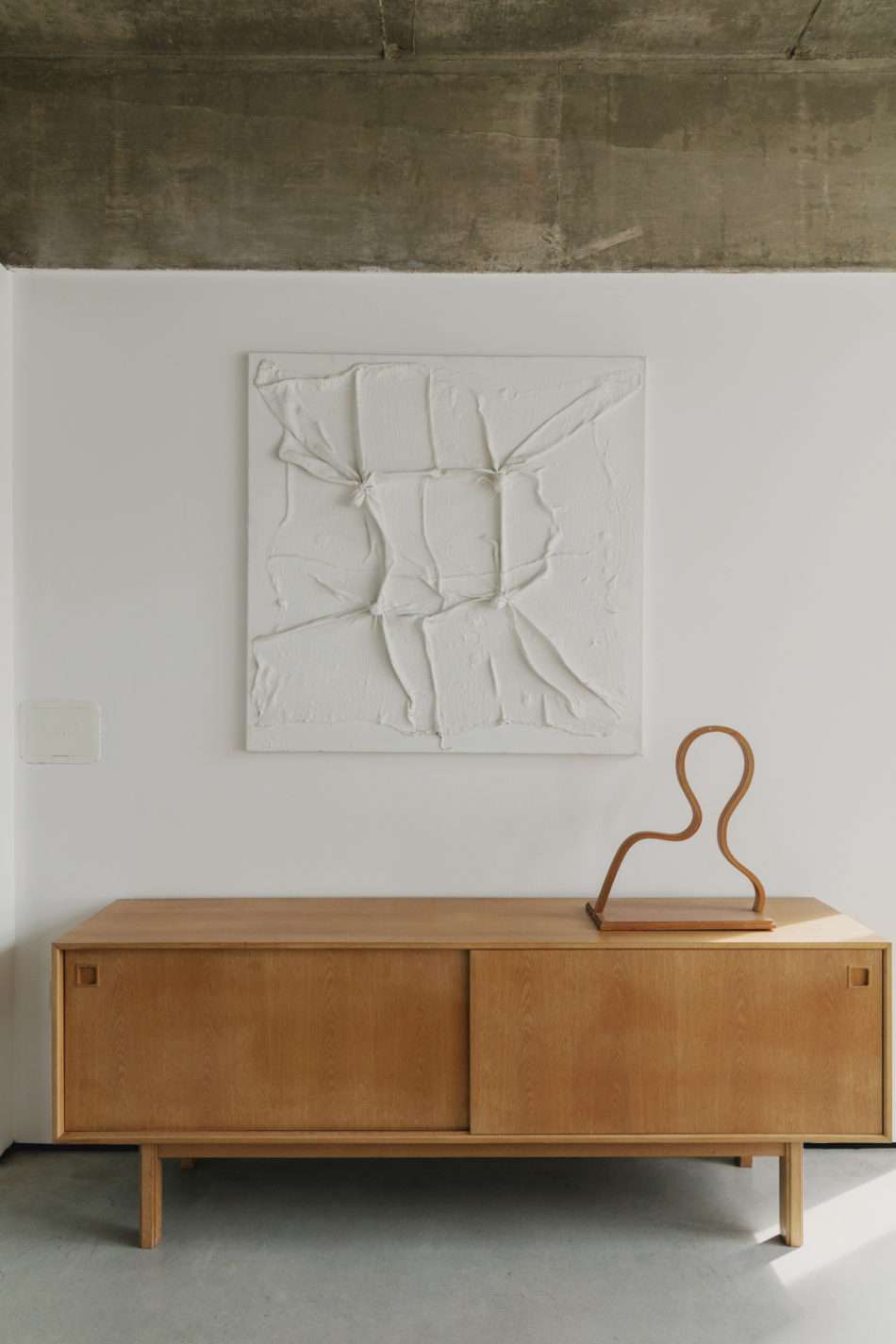
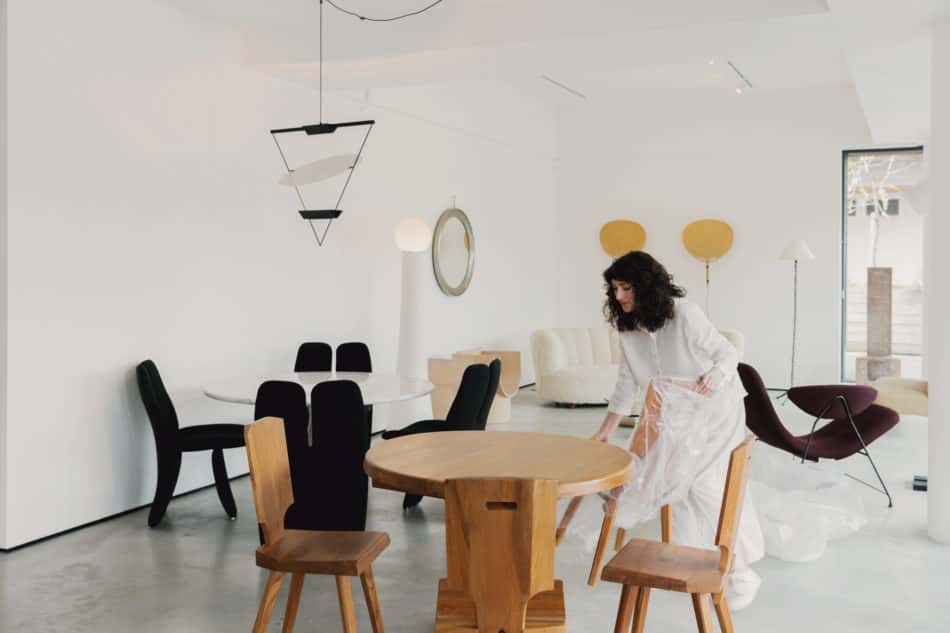
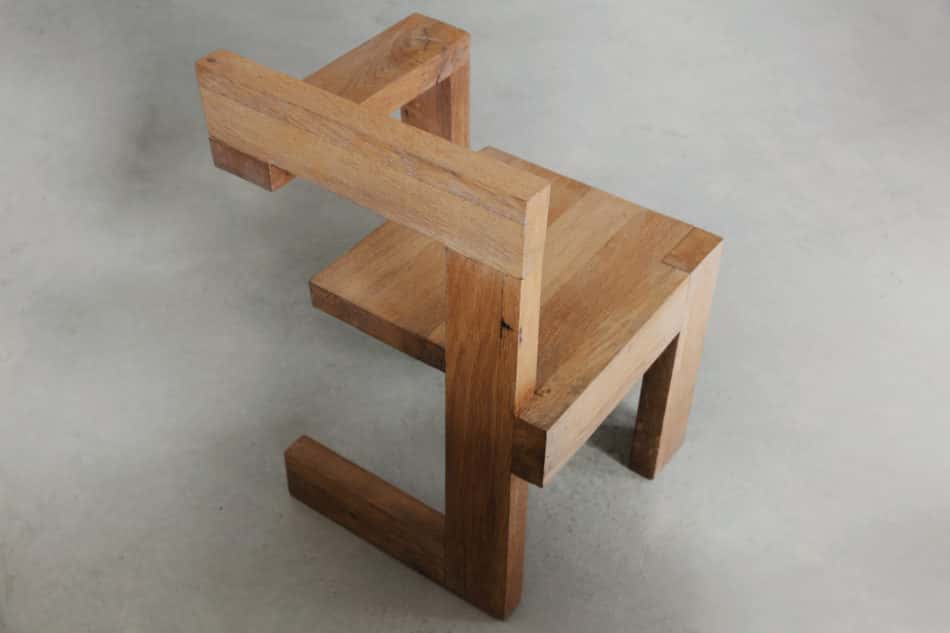
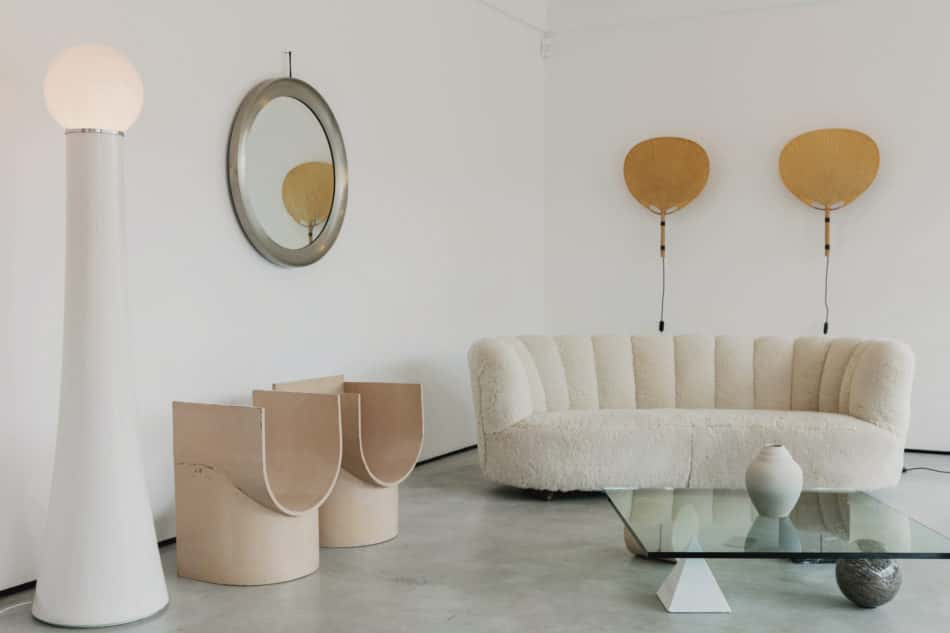
In our ‘A to Z of Modern Living’ series, we’re profiling the practices, galleries, makers and designers who form our Directory, the ultimate starting point with which to design, build or furnish your space. Here, we meet Béton Brut founder Sophie Pearce at her Hackney Wick showroom to talk about the timelessness of Modernist furniture design.
As the name implies, Sophie’s aesthetic sensibility and design interests are firmly aligned with the simplicity and efficiency of Modernist principles, with figurehead names like Alvar Aalto, Gerrit Rietveld, Walter Gropius and Robin Day all represented in her ever-changing stock. Along with these is a long roster of Italian designers, including the Castiglioni brothers, Mario Bellini and Superstudio, peppering the collection with the odd bit of PoMo because, as Sophie says, “everyone needs some comic relief!”
Sophie, can you describe what sort of pieces you’re drawn to?
Sophie: “My aesthetic is very minimal and sculptural. I pick pieces based on their form and shape, and then I find out who they were designed by afterwards. It’s definitely rooted in the school of Modernism.
“I think when you take things down to the purest forms and express them simply, as the Modernists did, the outcome can’t really date because, you know, does a circle, triangle or straight line get old? Modernist design is timeless because it used simple, timeless forms.
“I’m not saying you need to pick pieces with right angles or perfect circles. Some pieces, like the so-called ‘Banana sofa’, that’s shaped like a clam, draws from a timeless shape in nature. I think as humans we are drawn to the natural world so if pieces use natural materials or if they correspond to some sort of shape in nature, then that won’t get old for us either.”
How did you arrive at your aesthetic sensibility?
Sophie: “I came to my aesthetic tastes through my mum, who was very artistic and always made our home very clutter free.
“But I also arrived at where I am now through studying politics, weirdly. I studied politics at university, but I tended to go for modules like ‘Politics of Space’, ‘Art and Politics’ or ‘Politics of Utopia’, so I was looking at how societies and spaces can be designed for the better, how they affect people’s wellbeing, and how design can change politics and social ideals.
“Alongside that, I started to go to exhibitions about the Bauhaus and things like that, and I got more into Modern art in my spare time. The principles of Modernism that I was accessing through politics and modern art were so appealing, as it was all about good design becoming available to all, and down went unnecessary frippery and ornamentation – everything got stripped back.”
Why is the simplicity of Modernist furniture so attractive to you?
Sophie: “I like how the Modernists reduced form, line and colour down to more of a pure expression. I’m drawn to interesting shapes and natural materials, mostly, which is what Modernism was all about.
“Having said that, I do seem to be going through a curvier phase at the moment. I have a coffee table coming in by Verner Panton that’s pure curves, literally like a black plastic squiggle.
“Or we have a Cesare Lacca sofa, that’s very much of the Modernist period, but it’s not right-angled and severe. I think sometimes you can get too much of a particular thing in one space, so in some items I might be looking for the perfect line, but in others, I want organic curves. And, also, I have some Post-Modernist things here and there.”
What role do you see furniture as having in making a house a home?
Sophie: “It might seem like an obvious thing to say, but furniture facilitates how we negotiate a home. You can have a wonderful space, but the furniture is vital to how you experience it and also how much potential there is.
“What pieces you choose and where you place them will completely alter the quality of your experience – everything from how much you can relax, how much you can socialise, the quality of your view, your comfort… everything.
“And, it has a huge impact on how much beauty you derive from the space too. There’s a lot of great architecture decorated with bad furniture! And that’s a travesty.”
A lot of your pieces are by architects who also designed furniture. What do you think makes architects good at it?
Sophie: “Architects are so used to thinking about space, that they know how it should be used and negotiated through, and therefore what furniture you need to do that.
“I like the totality of vision that comes when architects design furniture. Gio Ponti, Tobia and Afra Scarpa, Super Studio, among others, all presented complete visions, and there’s a harmoniousness to that, plus the personality of the designer really comes through.
“It’s so holistic and perfectly thought-through. That’s not to say I don’t value eclecticism, because here and in my own home I want work from different architects and designers, but at the same time, appreciating a vision is exciting.”
We’re desperate to know what your own house looks like!
Sophie: “My own home doesn’t get as much attention as I would like it to, unfortunately. I think that’s what happens when you run a small business! I live in Clapton, so not far from here. I would say my living space is even more pared-back than here in the gallery. It’s an off-white sanctuary and very very minimal – I like it that way.”
What has opening Beton Brut given you on a personal level?
Sophie: “Setting up this business has reinforced my sense of home and my understanding of what makes a home enjoyable, relaxing and beautiful. I was always interested in interiors through the aesthetic of my mother and my dad, who was a self-taught house builder and designer. I was surrounded by the process of making homes, and so, in a way, getting into this business was kind of like going home.”
